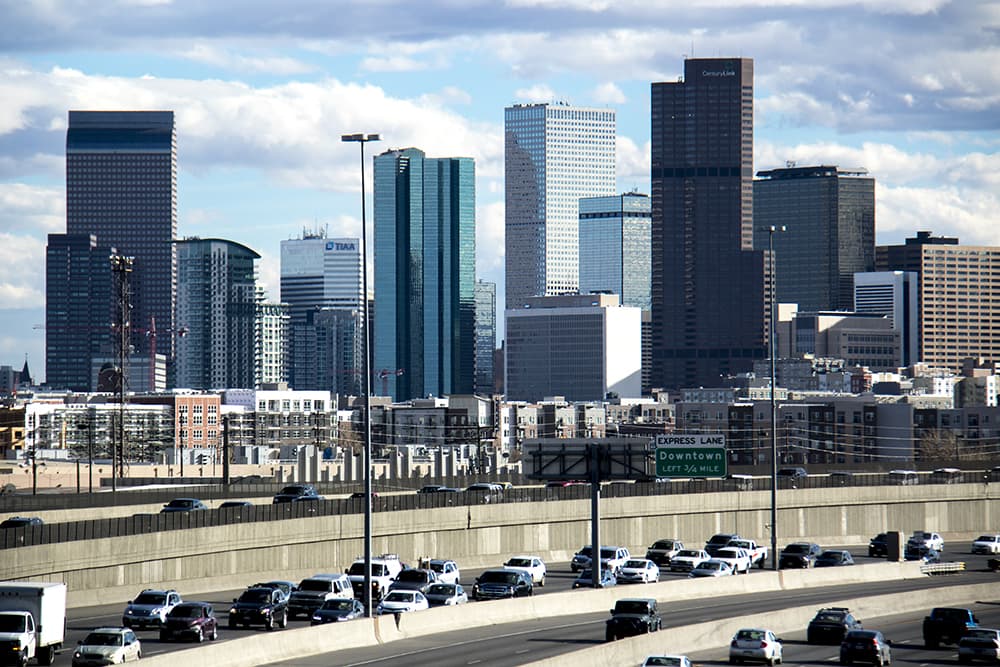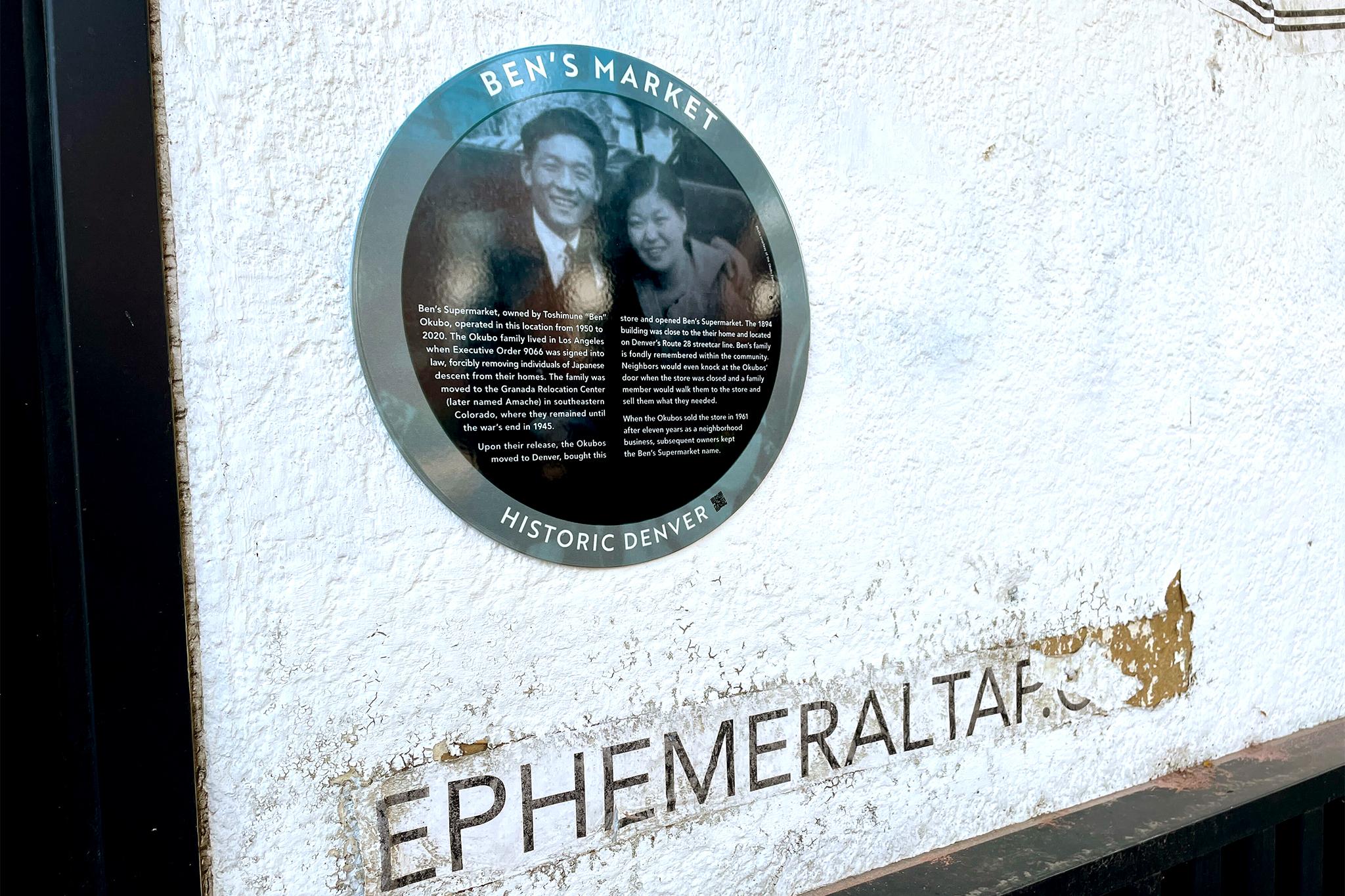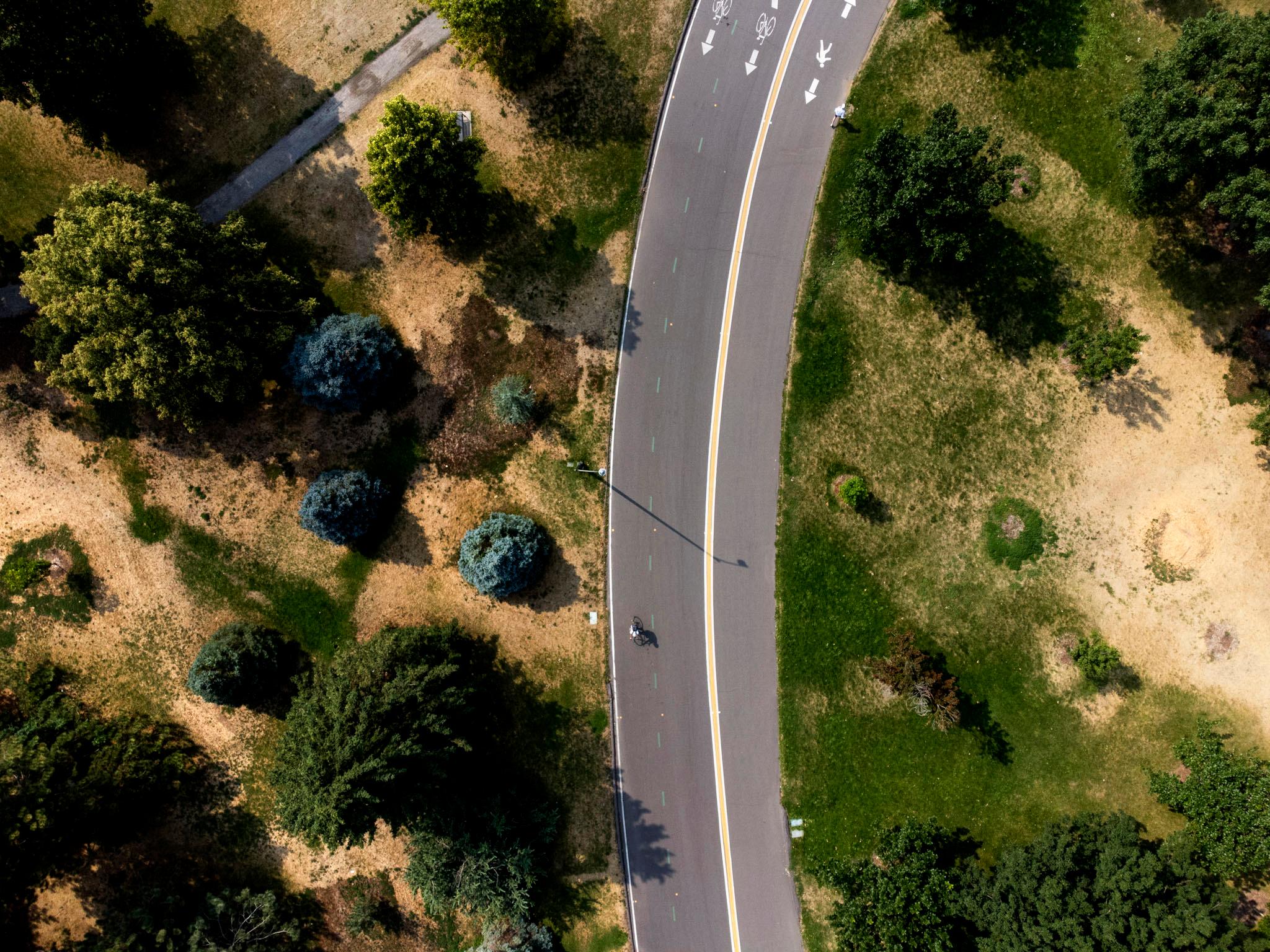
You may have thought that the only people who carpool anymore are James Corden and a cadre of celebrity guests, but the Denver Regional Council of Governments is trying to change that with their Way to Go program.
In this Chart of the Week, DRCOG shares numbers behind the program that matches people and connects them to carpool options, tracks bike mileage and more.
For the past 30 years, Way to Go has been helping people share rides. At the moment, they facilitate 120 ongoing vanpools carrying 648 people and 1,250 carpools. Participants also include people who are sharing cars, walking, biking and using transit, and as you'd expect, most of them are commuting to and from Denver or Boulder.
But when you control for population, it turns out that a few other cities are better utilizing alternate transportation options. Here's which cities have the most people not driving alone to work, at least in terms of DRCOG's program:
It's not surprising that the top three home cities are south of Denver. Seems that people are really eager to avoid traffic in the Denver Tech Center, which I can confirm to be truly awful. The southern metro area is also where local Park-n-Ride parking waitlists are the longest.
That leaves people in Littleton utilizing options like vanpool or else waiting for more than a year to get a parking spot at the Park-n-Ride.
As for where these commuters are travelling to, Denver and Boulder are the biggest destinations, but a few of the other cities may surprise you:
DRCOG's Way to Go program matches people with similar commutes here, otherwise, there's always the light rail or maybe a hyperloop eventually.












